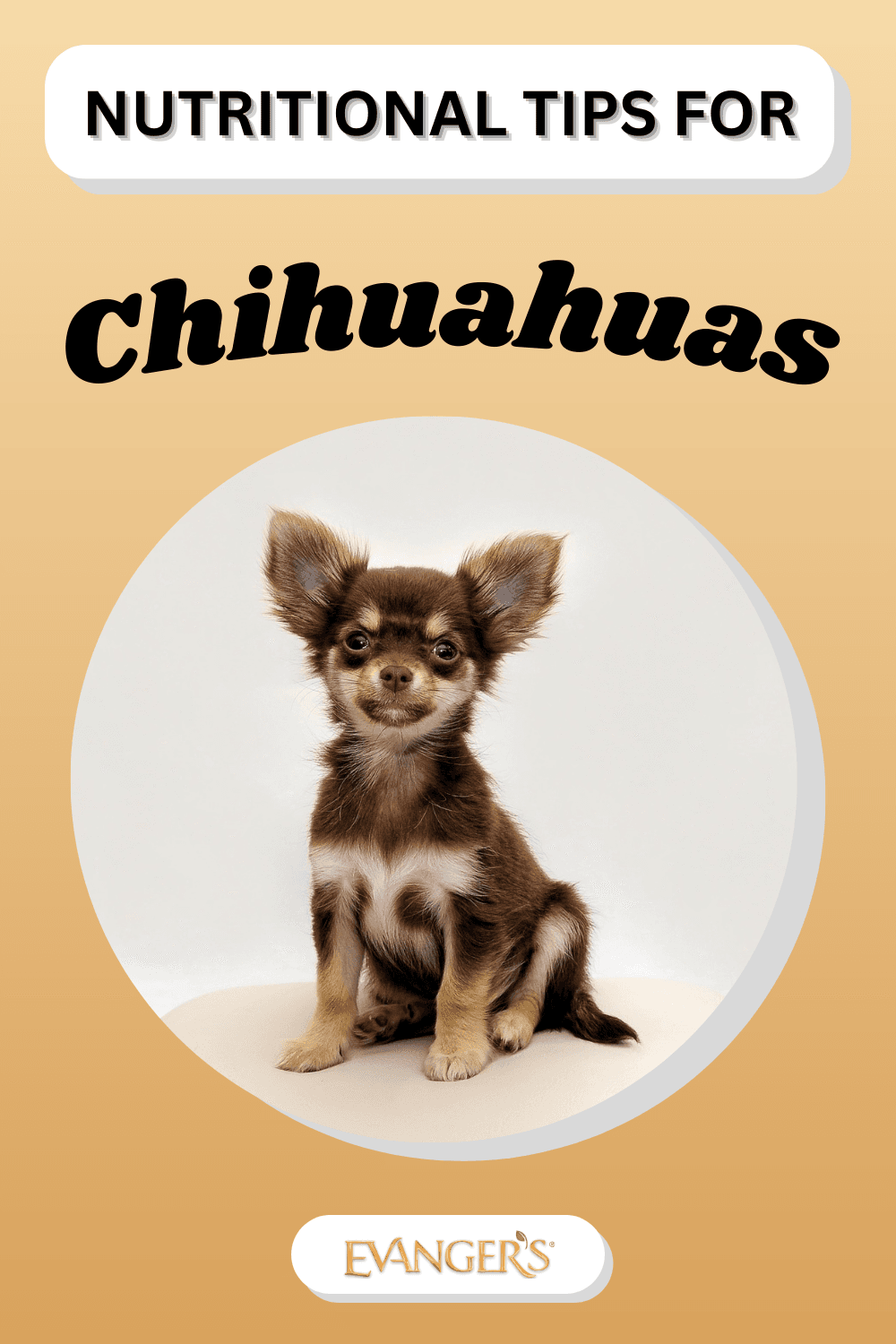As devoted owners, it’s natural to want to share our meals with our beloved Chihuahuas. However, not all human foods are safe for our canine companions, and some can pose serious health risks, even being lethal. This guide provides a comprehensive overview of what Chihuahuas can and cannot eat, with a particular focus on foods to avoid at all costs. Understanding these dietary restrictions is crucial for maintaining your Chihuahua’s health and well-being.
Essential Chihuahua Foods to Avoid
Certain human foods contain ingredients that are toxic to Chihuahuas due to their small size and unique physiology. It’s vital to be aware of these and keep them out of your pet’s reach.
The Dangers of Salt and Fat
Salt is a significant concern. When consumed in excess, salt binds to water molecules in the body, leading to dehydration. Symptoms of salt poisoning include vomiting, diarrhea, and seizures, and in severe cases, it can be fatal. Many human foods are seasoned with salt, making it a common culprit. Similarly, excessive fat intake, even from healthy sources, can be toxic to Chihuahuas, potentially damaging their liver and causing pancreatitis.
Alcohol and Caffeine
Alcohol is highly toxic to dogs, especially small breeds like Chihuahuas. Even small amounts can lead to ethanol poisoning, with symptoms ranging from vomiting and dehydration to seizures and coma. Be mindful that certain items like fermented fruits, yeast dough, and sugar-free gum can also induce alcohol poisoning. Caffeine, found in coffee, tea, soft drinks, and energy drinks, can overstimulate a Chihuahua’s nervous system, causing increased heart rate, vomiting, tremors, and even death.
Chocolate and Xylitol
Chocolate contains theobromine, a chemical that Chihuahuas cannot digest easily. Theobromine buildup can lead to serious health complications. If you suspect your Chihuahua has ingested chocolate, contact your veterinarian immediately. Xylitol, an artificial sweetener found in many sugar-free products, is also extremely dangerous. Ensure no products containing xylitol are accessible to your Chihuahua.
Bones, Garlic, and Onions
While dogs often chew on bones, chicken and fish bones should be avoided. They can splinter and cause damage to the esophagus and digestive tract. Garlic and onions, along with leeks and chives, are highly toxic. Onions contain N-propyl disulfide, which interferes with red blood cell function, leading to energy loss and potential unconsciousness. Garlic, even in small amounts, can make your dog sick.
Unbaked Dough and Avocado
Unbaked dough is problematic because it can swell in a Chihuahua’s stomach, causing bloating and digestive issues. Furthermore, the yeast in dough produces alcohol, which is toxic. Avocado contains a substance called persin, which is toxic to dogs. Keep all parts of the avocado, including seeds and rinds, away from your pet.
Citrus Fruits, Macadamia Nuts, and Grapes
Lemons and limes are rich in psoralen, which can cause gastrointestinal upset, dizziness, and even severe liver damage. Macadamia nuts contain an unknown chemical that can lead to vomiting, weakness, and hyperthermia. While most nuts should be fed in moderation due to their fat content, macadamia nuts are outright toxic. Grapes and raisins are also highly toxic and can cause kidney failure even in small quantities.
Nutmeg
Nutmeg, often found in baked goods, contains myristicin. Ingesting large amounts can lead to confusion, dry mouth, stomach pain, increased heart rate, high blood pressure, and seizures.
Human Foods Allowed in Moderation
While many foods are off-limits, some human foods can be given to Chihuahuas in controlled amounts.
Dairy, Tomatoes, and Nuts
Small amounts of low-fat dairy products like milk may be tolerated, but daily consumption can cause digestive problems. Ripe tomatoes are generally safe, but green tomatoes contain toxins that can cause adverse effects. Cashews, like other nuts, should be given sparingly due to their high fat and calorie content.
Cinnamon, Honey, and Cherries
Cinnamon is not toxic but can irritate the digestive system. Inhaling the powder can also cause respiratory issues. Honey, while not toxic, is high in sugar and can contribute to obesity. Cherries are safe in moderation, but the pits contain cyanide and pose a choking hazard. Overconsumption can also lead to diarrhea.
Safe Human Foods for Your Chihuahua
Fortunately, there are many human foods that are safe and even beneficial for Chihuahuas when prepared correctly.
Meats, Shrimp, Rice, and Eggs
Cooked meats such as chicken, fish, beef, and pork are excellent sources of protein. Always remove bones, especially from chicken and fish, and avoid seasoned meats with garlic or salt. Shrimp, when de-shelled and properly cooked, is also a safe option. Rice is fine, provided it’s not seasoned. Cooked eggs are another great protein source.
Oatmeal and Other Safe Options
Oatmeal made with water (without milk or sugar) is safe. Other beneficial foods include potatoes (avoiding garlic and salt), sweet potatoes, corn (without the cob), pumpkin (seeds removed), peanut butter (low salt and fat), bananas, oranges, mangoes, celery, strawberries, coconut, apples, blackberries, watermelon (rinds removed), pineapple, blueberries, carrots, broccoli, green peas, bread, mushrooms, and air-popped popcorn.
These human foods can serve as healthy treats in addition to your Chihuahua’s regular dog food.
Conclusion: Prioritizing Your Chihuahua’s Safety
It is paramount for Chihuahua owners to understand that many human foods, while beneficial to us, can be toxic or even deadly to our pets. Always exercise caution when introducing human food into your Chihuahua’s diet. Remember that each dog is an individual, and what is safe for one may not be for another. By being informed and vigilant, you can ensure your Chihuahua enjoys a safe and healthy diet, combining appropriate human foods with their regular dog food to provide a balanced and enjoyable eating experience.
If you’ve found this article interesting, you may also want to read: Why Chihuahuas Bark So Much (And How To Teach Them To Stop).

